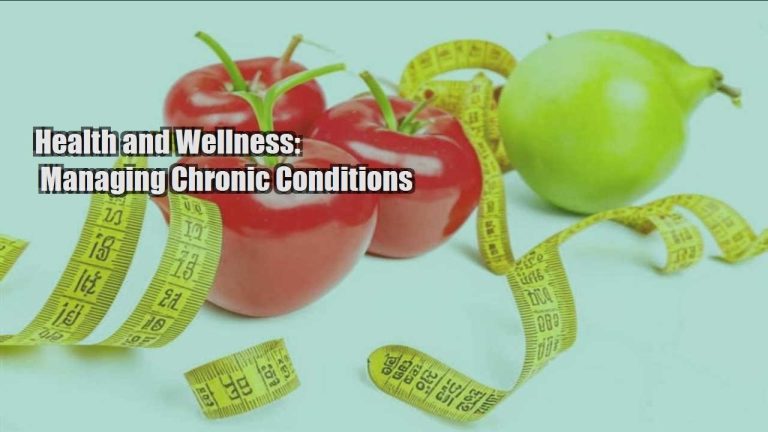In todays fast-paced world, prioritizing preventative health measures is crucial for maintaining overall well-being and catching potential health issues early on. Developing a personalized screening schedule can significantly contribute to this effort, ensuring that you stay proactive about your health. This article explores the importance of preventative health, outlines key screening recommendations across different age groups, and provides guidance on how to create an effective screening schedule tailored to individual needs.
Why Preventative Health Matters
Preventative health care focuses on identifying and addressing health risks before they escalate into serious conditions. By adopting a proactive approach, individuals can potentially avoid costly treatments and enjoy a higher quality of life. Regular screenings, vaccinations, and lifestyle adjustments are integral parts of preventative health strategies.
Key Screening Recommendations
1. Blood Pressure
Regular blood pressure checks are essential for adults of all ages, as hypertension often presents with no symptoms. The American Heart Association recommends screenings at least once every two years for adults with normal blood pressure (less than 120/80 mm Hg) and more frequently for those with higher readings.
2. Cholesterol Levels
Monitoring cholesterol levels helps assess cardiovascular health. Adults should typically get their cholesterol checked every five years starting from age 20. However, individuals with risk factors like obesity or a family history of heart disease may need more frequent screenings.
3. Blood Glucose
Screening for diabetes or prediabetes is crucial, especially for individuals over 45 years old or those with risk factors such as obesity or a sedentary lifestyle. A fasting blood glucose test every three years is recommended for adults.
4. Cancer Screenings
Cancer screenings vary by type and age group:
- Women aged 50-74 should undergo regular mammograms for breast cancer screening.
- Men aged 50 and older should consider prostate cancer screenings based on individual risk factors and discussions with their healthcare provider.
- Colorectal cancer screenings (such as colonoscopy) are generally recommended starting at age 45.
5. Immunizations
Vaccinations are crucial for preventing infectious diseases throughout life. Common vaccinations include influenza, tetanus, HPV (human papillomavirus), and COVID-19 vaccines. Adults should discuss with their healthcare provider to ensure they are up-to-date with recommended vaccines.
Creating Your Screening Schedule
Developing a personalized screening schedule involves considering various factors such as age, gender, family medical history, lifestyle, and overall health status. Heres a general framework to help you get started:
Step 1: Assess Your Risk Factors
Identify personal and family history factors that may increase your risk for certain health conditions.
Step 2: Consult with Your Healthcare Provider
Discuss your health goals and concerns with a healthcare professional. They can help tailor a screening plan based on your individual needs and the latest medical guidelines.
Step 3: Schedule Screenings Accordingly
Based on your risk factors and healthcare providers recommendations, establish a timeline for each screening test. Keep track of dates and set reminders to ensure you stay on schedule.
Step 4: Stay Informed and Updated
Regularly review and update your screening schedule as needed, especially if there are changes in your health status or new guidelines from health authorities.
Conclusion
Preventative health care is a proactive approach to maintaining well-being and preventing serious health conditions. By developing and following a personalized screening schedule, individuals can take charge of their health and detect potential issues early. Remember, prevention is always better than cure, so start planning your screening schedule today to stay healthy and active for years to come.







